Search

In this blog, Senior Occupational Therapist Gayle Hillen explores the steps to developing a functional pencil grasp.
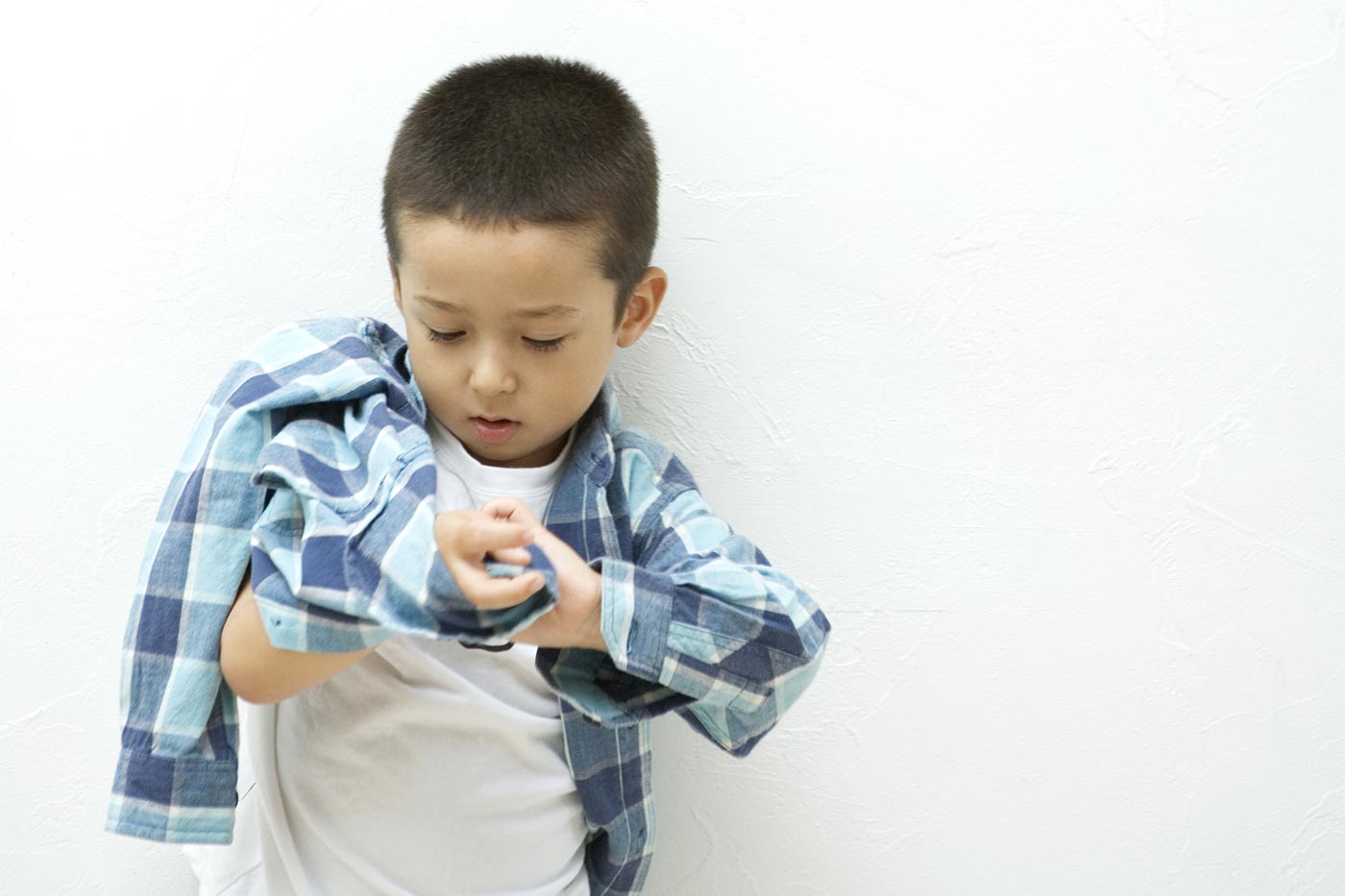
In this blog, Occupational Therapist Tarryn Culverhouse provides some tips to help your child increase their independence in dressing.

In this blog, Speech Pathologist Linda Arabi discusses the social model and how it influences the supports we provide to autistic children and their families.

In this new blog, Speech Pathologist Emma Corry looks at the importance of shared attention for connection, communication and learning.
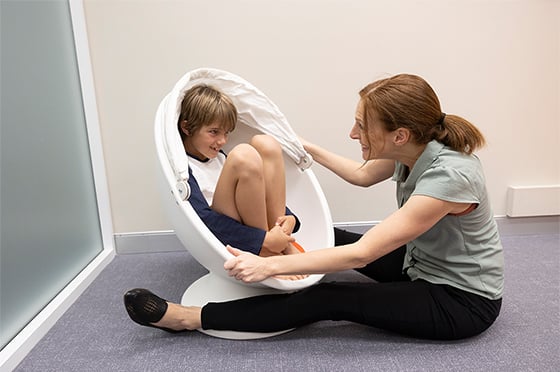
In this blog, Speech Pathology Lead Aria May explores how to talk to your child about a recent autism diagnosis.
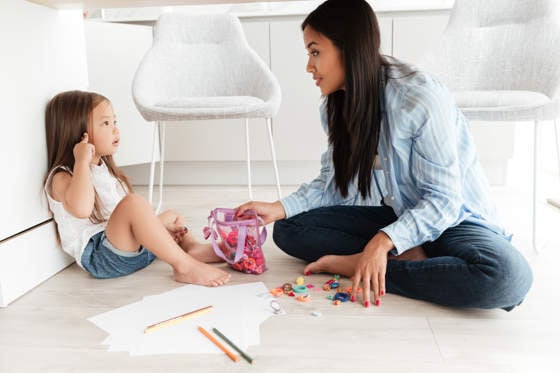
In this new blog, Speech Pathology Lead Aria May looks at the importance of Autism Acceptance Month and what you can do to move towards a truly inclusive community.

In this blog, Occupational Therapy Lead Marie Rodatz looks at the strategies to support a great school holiday outing for your autistic child.
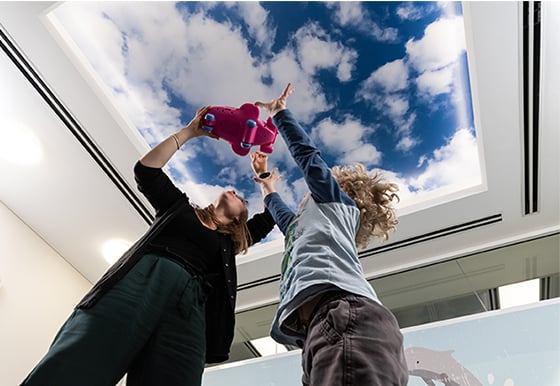
In this blog, CliniKids Director Professor Andrew Whitehouse and Research Development Manager Sarah Pillar explore one of the most common questions when it comes to support for autistic children - how much is the right amount of therapy?
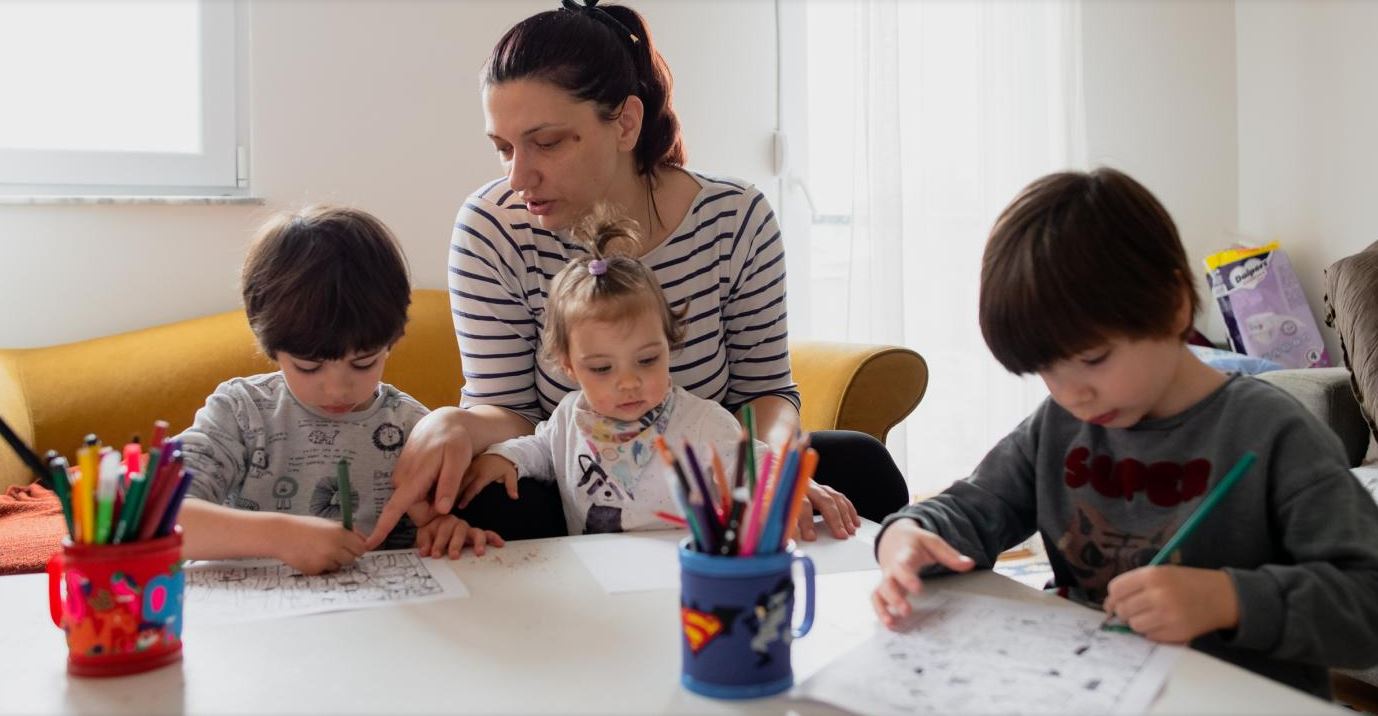
In this new blog, Occupational Therapist and Clinical Lead (OT) Marie Rodatz offers families advice on how to cope with home isolation with a child on the autism spectrum.

In this blog, Clinical Psychology Lead Dr Mei’en Lim offers families advice on how to navigate COVID-19 with an autistic child.
